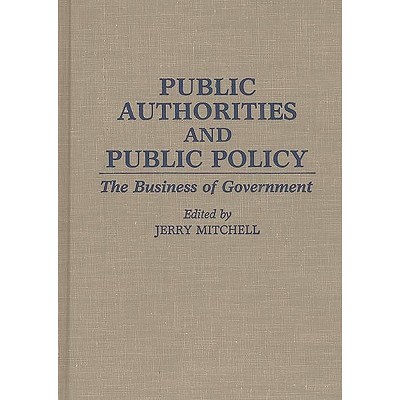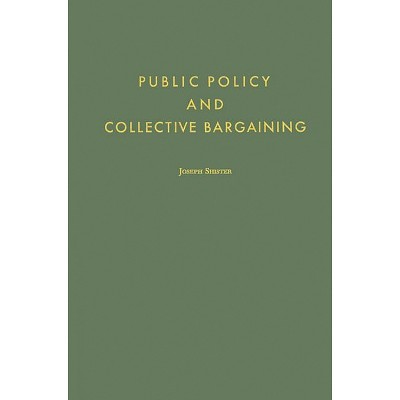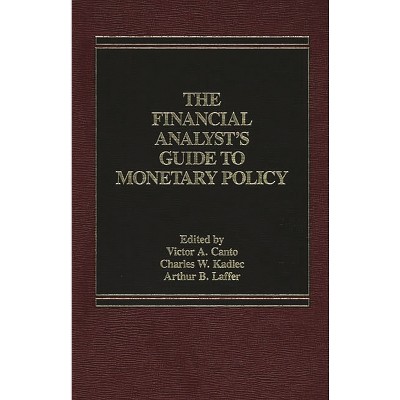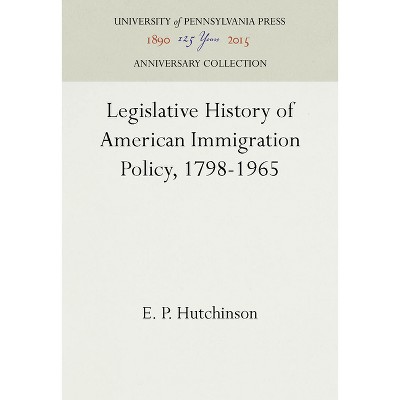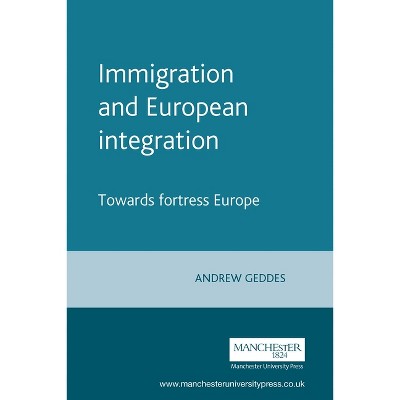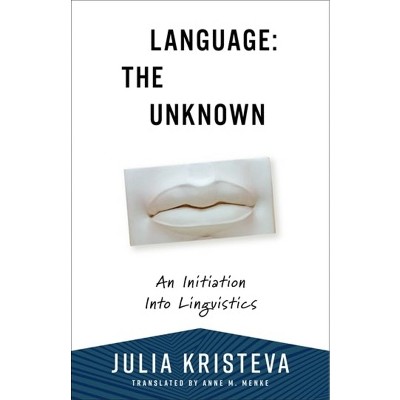Sponsored

West European Immigration and Immigrant Policy in the New Century - by Unknown (Hardcover)
In Stock
Sponsored
About this item
Highlights
- Few, if any phenomena affecting Western Europe as a whole since 1945 have been more far-reaching in their immediate effects or more potentially destabilizing to politics and society over the long term than the accumulative experience of immigration.
- About the Author: ANTHONY M. MESSINA is Associate Professor at The Helen Kellogg Institute for International Studies, University of Notre Dame.
- 280 Pages
- Freedom + Security / Law Enforcement, General
Description
About the Book
Few, if any phenomena affecting Western Europe as a whole since 1945 have been more far-reaching in their immediate effects or more potentially destabilizing to politics and society over the long term than the accumulative experience of immigration. Messina and his contributors analyze why the major immigrant-receiving states of Western Europe historically permitted and often abetted relatively high levels of postwar migration, and they assess how contemporary governments attempt to govern immigration flows and manage the domestic social and political fallout which it inevitably yields.
The central purpose of the volume is to address these questions within the context of the decision-making logics that have demonstratively governed postwar migration to Western Europe in each of its three distinct, but interrelated waves or phases-labor migration, family migration, and humanitarian or forced migration. Messina demonstrates that postwar migration to Western Europe, in all of its phases, has been governed by a set of mutually reinforcing and mostly compatible logics. Of these--the economic, the humanitarian, and the political--the political has predominated over time and is likely to continue doing so into the indefinite future. A major cross-disciplinary analysis that will appeal to political scientists, sociologists, and general researchers and scholars of ethnicity, race relations, and comparative public policy.
Book Synopsis
Few, if any phenomena affecting Western Europe as a whole since 1945 have been more far-reaching in their immediate effects or more potentially destabilizing to politics and society over the long term than the accumulative experience of immigration. Messina and his contributors analyze why the major immigrant-receiving states of Western Europe historically permitted and often abetted relatively high levels of postwar migration, and they assess how contemporary governments attempt to govern immigration flows and manage the domestic social and political fallout which it inevitably yields.
The central purpose of the volume is to address these questions within the context of the decision-making logics that have demonstratively governed postwar migration to Western Europe in each of its three distinct, but interrelated waves or phases-labor migration, family migration, and humanitarian or forced migration. Messina demonstrates that postwar migration to Western Europe, in all of its phases, has been governed by a set of mutually reinforcing and mostly compatible logics. Of these--the economic, the humanitarian, and the political--the political has predominated over time and is likely to continue doing so into the indefinite future. A major cross-disciplinary analysis that will appeal to political scientists, sociologists, and general researchers and scholars of ethnicity, race relations, and comparative public policy.Review Quotes
?[O]ffers a readable discussion of two major subtopics: the politics of state immigration policy and the determinants of immigrant incorporation.?-Population and Development Review
?Recommended. Graduate students and faculty studying Western European immigration policy.?-Choice
?This work makes a worthwhile contribution to the debate surrounding contemporary immigration policy in Western Europe.?-Know Europe
"ÝO¨ffers a readable discussion of two major subtopics: the politics of state immigration policy and the determinants of immigrant incorporation."-Population and Development Review
"Recommended. Graduate students and faculty studying Western European immigration policy."-Choice
"This work makes a worthwhile contribution to the debate surrounding contemporary immigration policy in Western Europe."-Know Europe
"[O]ffers a readable discussion of two major subtopics: the politics of state immigration policy and the determinants of immigrant incorporation."-Population and Development Review
About the Author
ANTHONY M. MESSINA is Associate Professor at The Helen Kellogg Institute for International Studies, University of Notre Dame. Professor Messina has written extensively on ethnic minorites, including his co-edited Ethnic and Racial Minorities in Advanced Industrial Democracies (Greenwood Press, 1992).Shipping details
Return details
Trending Non-Fiction






